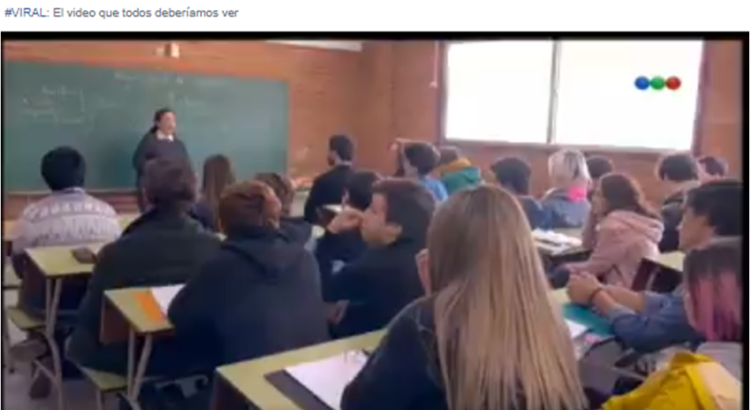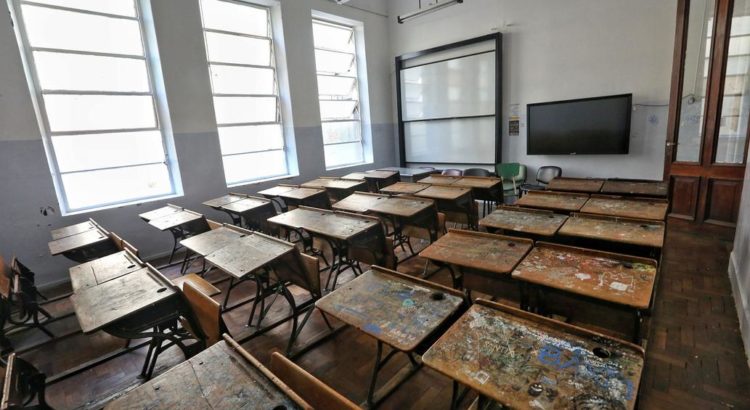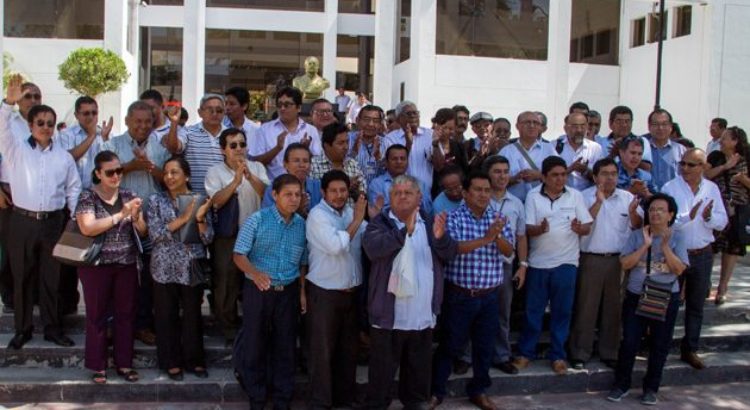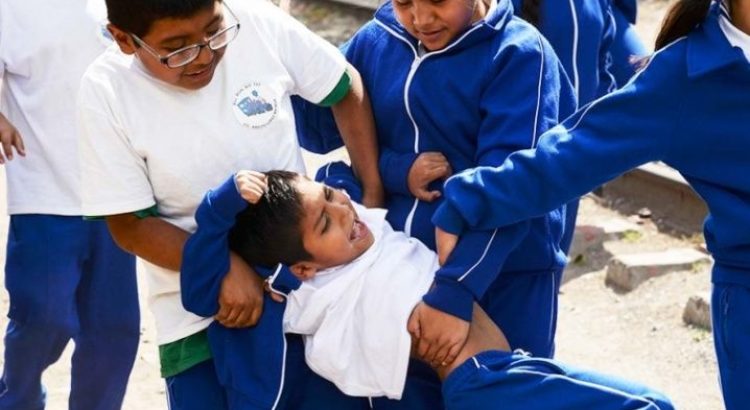Group is pairing up with D.C. charter schools to offer government classes
After hearing about a program that places Harvard students into local classrooms to teach young people about the importance of civics, sophomore Ksenia Novikova had one question: “Why doesn’t every school have this?”
Now, Novikova has taken steps to start Civics in the Capitol, an education program for D.C. charter schools taught by AU students. Her program is projected to start by this fall.
“I think that especially being in D.C. there are so many things to talk to the kids about that there’s definitely room for more programs like this in D.C,” Novikova said.
The idea started as part of Novikova’s individual social action project for the School of Public Affairs Leadership program. Organizers of the Harvard CIVICS program shared their model and curriculum with her as a starting point for her own project.
Civics in the Capitol is partnering with five seventh and eighth grade classrooms in Meridian Public Charter School in Columbia Heights and three different campuses of the Friendship Public Charter Schools. The program’s curriculum team is working closely with the schools to get input on what the students should get out of it and will adjust based on students’ prior education, Novikova said.
Freshman Robin Miller, the head of the program’s curriculum team, said the focus of the curriculum will be on teaching students that their voice in government matters.
“We want students to learn that in our democracy, they have a vote and they have a voice that they can use to have an impact on the way our country functions,” Miller said. “We want to equip them with the knowledge of what rights they have in our society and how our society interacts with politics.”
Currently, Civics in the Capitol is in the process of selecting their student teachers for next year. Sophomore Michaila Peters, the leader of the outreach team for Civics in the Capitol, said that the application process was competitive because they are seeking students who have a passion for promoting civic engagement.
“It provides an opportunity to engage in our community directly and work towards a cause we share as a student body,” Peters said.
The teacher selection process is important because Novikova stresses that student teachers must join the program with the right intentions.
“We want people who are passionate about civics and teaching, but most importantly [who have]the right perspective going in,” she said.
The leaders plan to connect with the communities they will be going into. They will have town hall meetings with parents in order to better understand the students and adapt to their needs.
“Our aim is to not have a savior complex, so it’s very important to me and the team that we address that and make sure people come into the classroom with the right mindset,” Novikova said.
After the program at AU gains more traction, Novikova said she would be very interested in partnering with other local universities to help start their own versions of it. The students behind Civics in the Capitol are passionate about reaching young people and breaking their “cynicism” around government, Miller added.
“I’m incredibly frustrated with the amount of cynicism when it comes to the discussion of politics in our society,” Miller said. “I believe that a civics education is the best way to ensure that students believe in the fundamentals of our democracy and are then empowered to have a voice in government.”
vbelletti@theeagleonline.com
This article originally appeared in The Eagle’s April 2019 print edition.















 Users Today : 85
Users Today : 85 Total Users : 35422658
Total Users : 35422658 Views Today : 112
Views Today : 112 Total views : 3357724
Total views : 3357724